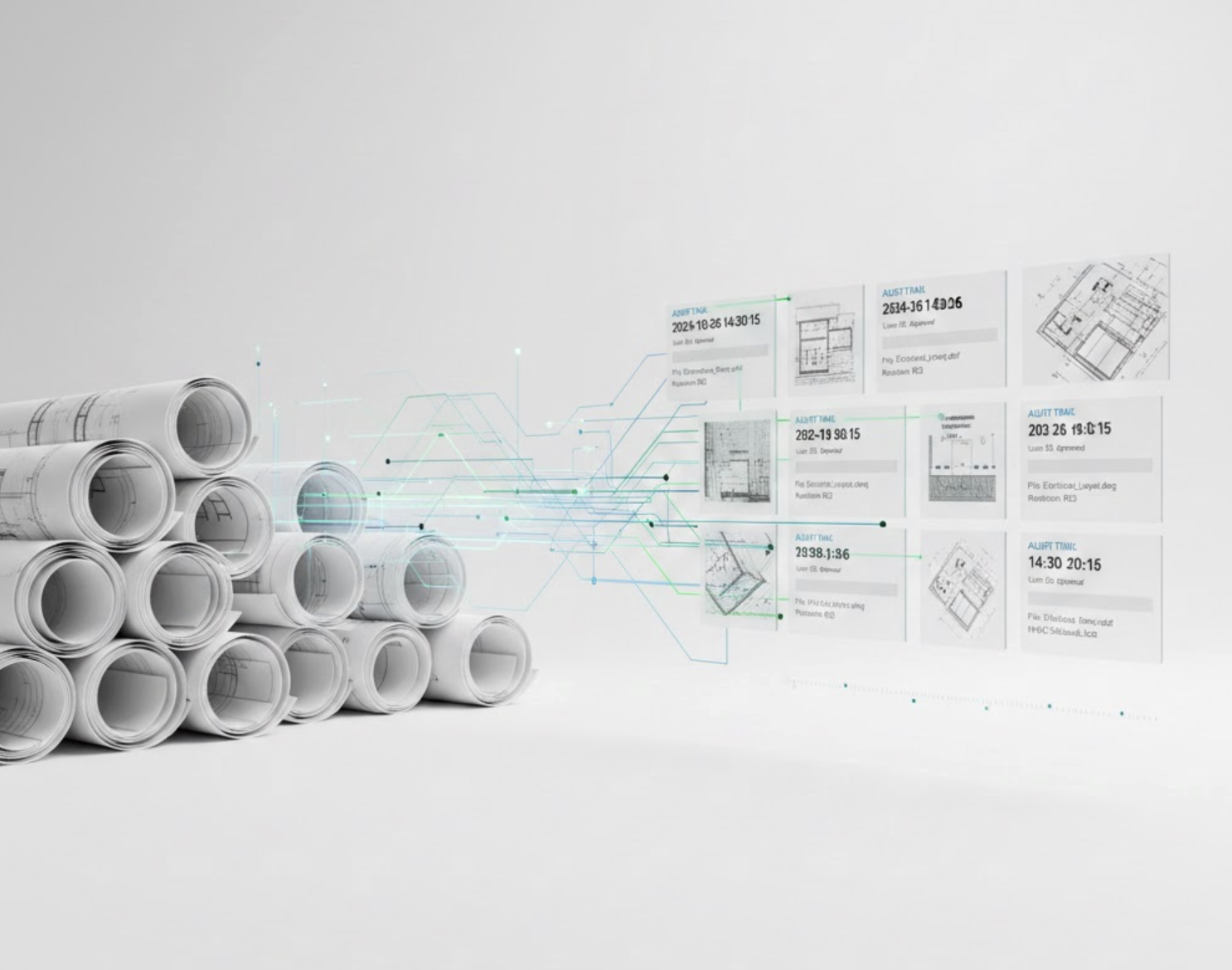Formalizing Verbal Approvals: Why It’s Time to Leave WhatsApp Behind
Introduction
Verbal approvals, while convenient and quick, pose significant risks and challenges in various industries, particularly in those requiring strict documentation and compliance. In this blog post, we will explore why formalizing verbal approvals is essential and how it can be achieved using effective strategies and tools.
Risks and Limitations of Verbal Approvals
One of the main downsides of relying on verbal approvals is the lack of documentation. Without tangible evidence, proving what was agreed upon becomes nearly impossible. This can lead to misunderstandings and disputes, sometimes resulting in costly legal issues.
Moreover, miscommunication and misinterpretation further complicate matters. Different parties may have varying recollections of discussions, which strains relationships and could escalate into legal battles. In regulated industries, this situation becomes even more precarious.
Industries like pharmaceuticals typically abide by compliance regulations emphasizing the necessity of documented approvals. The saying “if it is not written, it doesn’t exist” resonates deeply with industry insiders. This highlights that relying on verbal agreements leaves organizations vulnerable to compliance issues.
Benefits of Formalizing Verbal Approvals
By formalizing verbal approvals, organizations gain numerous advantages that elevate their operational effectiveness.
- Clear Documentation: Formal approvals provide a comprehensive written record of agreements, significantly reducing misunderstandings and disputes. Such documentation serves as essential evidence during audits and ensures compliance with regulations.
- Consistency and Efficiency: With the implementation of automated approval workflows, organizations can enhance efficiency and minimize human errors that often accompany manual processes. This is particularly beneficial in large-scale projects or organizations with complex approval processes.
- Risk Mitigation: Formalizing approvals protects individuals and organizations from potential future issues. It is common practice to confirm verbal instructions via written communication, such as follow-up emails.
Best Practices for Formalizing Verbal Approvals
Organizations can implement several best practices to ensure smooth formalization of verbal approvals:
- Use Automated Approval Workflows: Implementing automated approval workflows can streamline the approval process and ensure consistency. Tools like Zepth’s construction management solutions include provisions for automated workflows to enhance productivity and maintain compliance.
- Document All Approvals: It is imperative to document every approval, including those initially given verbally. This can be accomplished by sending a follow-up email to validate verbal instructions.
- Involve Relevant Stakeholders: Engaging process quality representatives and other relevant stakeholders ensures all parties are aligned, and decisions are well documented.
Emerging Innovations
With technological advancements, the landscape for approvals is evolving rapidly:
- Digital Signatures and Electronic Approvals: The adoption of digital signatures and electronic approval systems has grown significantly. These tools offer a secure, traceable way to obtain approvals, minimizing the dependency on physical documentation.
- AI-Driven Approval Processes: Integrating AI into approval workflows brings a new level of efficiency. AI can automate routine approvals, flag potential issues, and ensure all steps are meticulously followed, thereby reducing human error.
Conclusion
Formalizing verbal approvals is critical for maintaining compliance, mitigating risks, and enhancing efficiency across various industries. By adopting automated approval workflows, ensuring documentation of all approvals, and involving stakeholders in the process, organizations can develop robust and reliable approval systems. Tools, like those offered by Zepth, provide essential support during this transition, making the shift from verbal to formal approvals straightforward and advantageous.




